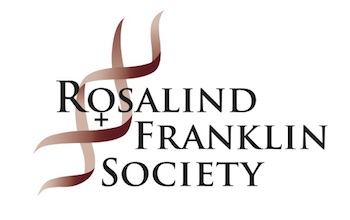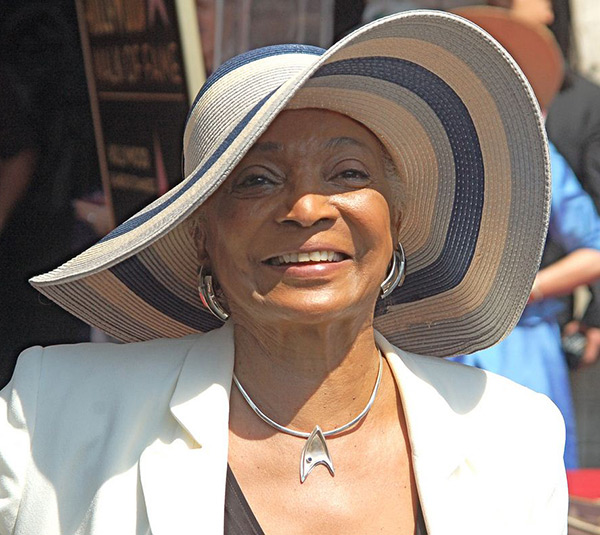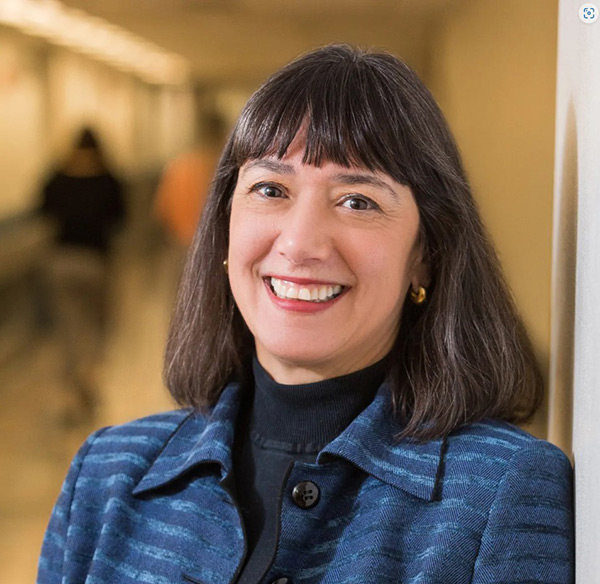|
Dear Colleagues, I am pleased to include another issue of RFS Briefings with some timely and encouraging updates on women in science. Please continue to share important news and opportunities with us so that we may share it with you, and others who are committed to supporting the careers of exceptional women in science. Stay safe and sound,
Karla Shepard Rubinger
Doris Duke Charitable Foundation announces the 2022 Clinical Scientist Development Awardees. How Nichelle Nichols changed the space program and recruited women and minorities to work at NASA.
"Nichelle Nichols was a trailblazing actress, advocate and dear friend to NASA," NASA Administrator Bill Nelson said in a statement. "At a time when Black women were seldom seen on screen, Nichelle's portrayal as Nyota Uhura on Star Trek held a mirror up to America that strengthened civil rights." Read more. (Image by Wikipedia) New exhibit puts girls in STEM, and the Kansas Children's Discovery Center on a national stage. Adam Neumann’s $350 million comeback is a ‘slap in the face’ to female founders and founders of color. Apply for the BII & Science Prize for Innovation. Two new books show how sexism still pervades astronomy. Norway bids to attract men to female-dominated university courses. Humsa Venkatesh probes cancer’s grip on the brain.
Humsa Venkatesh’s group extends neuroscience research beyond cancers originating in the brain, studying how peripheral neural circuits may influence cancer growth throughout the body, and whether these systems play a role when cancers metastasize to the brain. Read more. (Image by Saahil Mehra) White House names Monica Bertagnolli as NCI Director.
Monica Bertagnolli will become the first woman to lead the National Cancer Institute since its founding in 1937. Bertagnolli will also take over ongoing NCI efforts to increase grant funding, improve diversity in cancer research, and shrink cancer death rates among Black people. Read more. (Image by ASCO/Glenn Davenport) Her discovery changed the world. How does she think we should use it? These women are leading the charge for more diversity in STEM. Marianna Limas, Social Media Manager |




